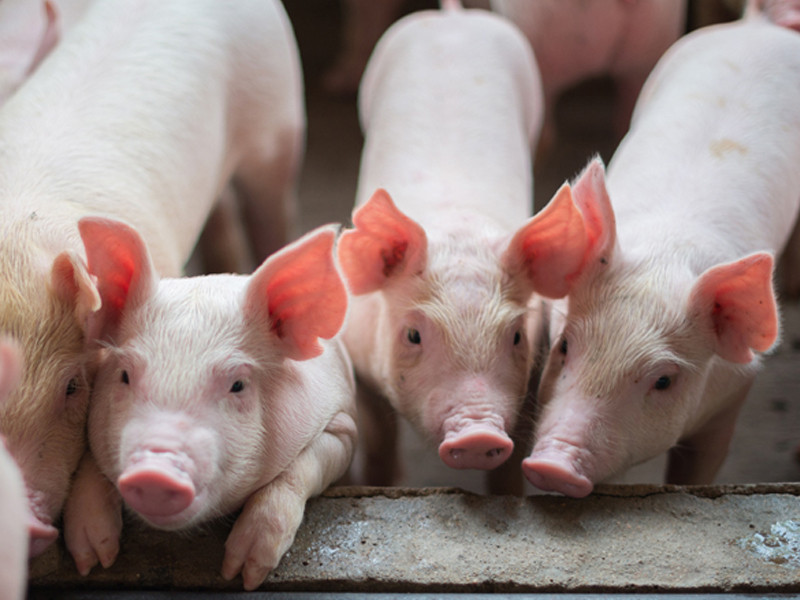The researchers of the IRTA-CReSA Animal Health Program, Virginia Aragon y Florence Correa Fizpublish an investigation that tries to answer how to improve the health of piglets through contact with their mothers, from whom they receive “microbiota components” together with immune defenses through products such as breast milk, according to what they expose.
Correa Fiz, author of the study, explains in the article that “respiratory diseases are easily transmitted and have a great impact on the health of animals and that the pathogens that enter through the respiratory tract find a first barrier in the nasal mucosa.” She adds that “in that location they have to face mucosal immunity and have to compete with a community of bacteria that make up the nasal microbiota. Like the microbiota found in the digestive tract, the Nasal microbiota plays a very important role in maintaining animal health. Specifically, we know that an altered composition of the nasal microbiota at weaning of piglets may predispose them to Glässer’s disease, caused by Glaesserella (Haemophilus) parasuis.”
The author explains that “piglets are colonized at birth through contact with their mothers and from them they receive the components of the microbiota together with immune defenses through colostrum and breast milk. Piglets are kept with their mothers for 3-4 weeks, after which they are weaned and mixed with piglets from other litters. This mix causes them to come into contact with different bacteria, including pathogens, at the same time that maternal antibodies are already in decline.”
Likewise, he adds that because of this, and the stress that weaning entails, “this moment is decisive for the emergence of diseases. G. parasuis is one of the bacteria that colonizes the upper respiratory tract of piglets from a very early age, but it has some strains that can produce an invasive disease, Glässer’s disease.This disease affects piglets after weaning (4-8 weeks old), in which it produces inflammatory lesions in different organs (arthritis, meningitis, peritonitis…), and has a high impact on the welfare and productivity of piglets”.
In conclusion, the researchers state that “vaccinating sows with a vaccine against virulent strains of G. parasuis modifies the overall composition of the nasal microbiota of piglets, beyond reducing the target pathogen of the vaccine, G. parasuis. Vaccination of mothers is a good strategy for control from it, and possibly other pathogens, as they transfer protection to newborn piglets. On the other hand, it should be studied in more detail whether the modification observed in the microbiota provides a long-term beneficial effect.”
“When mothers were vaccinated with a vaccine Experimental designed against virulent strains of G. parasuis, it was observed that the global composition of the nasal microbiota of piglets was modified. The vaccine stimulated the production of specific antibodies in the mothers, which were detected at high levels in the colostrum. Consequently, piglets whose mothers had been vaccinated showed a clear reduction in the presence of the G. parasuis pathogen in their nasal microbiota.”
This last reduction of which the researchers speak in the investigation possibly has two causes. “On the one hand, the direct effect of the vaccine on vaccinated mothers, which would have produced a reduction of the pathogen in them, with the consequent reduction in transmission to piglets. On the other hand, the effect on the piglets from the antibodies received in the colostrum, that would have helped to eliminate the pathogen. Furthermore, it was interesting to observe that the reduction in G. parasuis strains was associated with a reduction in the presence of other potential pathogens (Staphylococcus, Neisseria, Streptococcus, and Mycoplasmataceae, among others) with which it is possibly associated in the nasal microbiota.”
